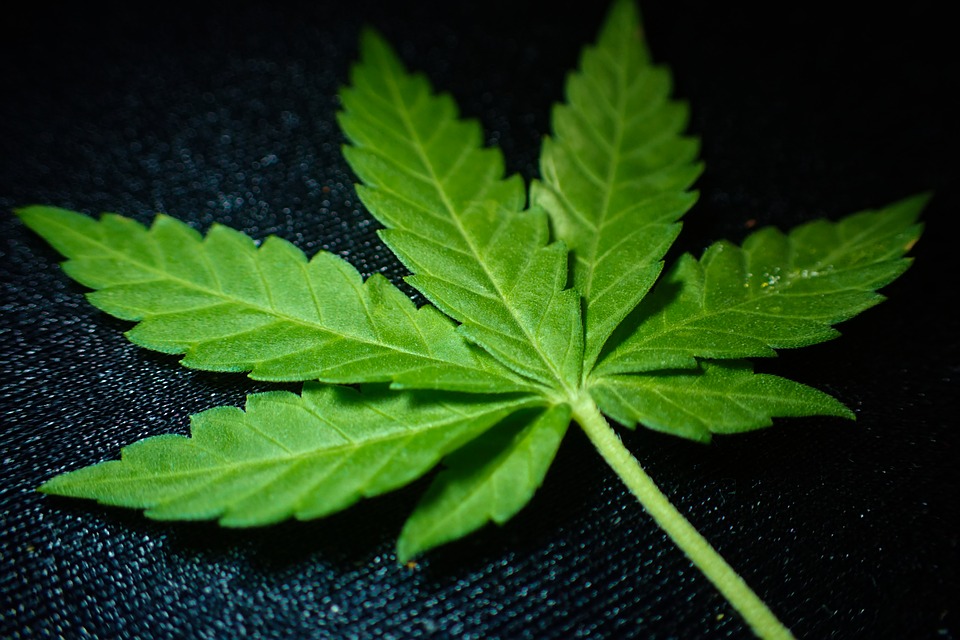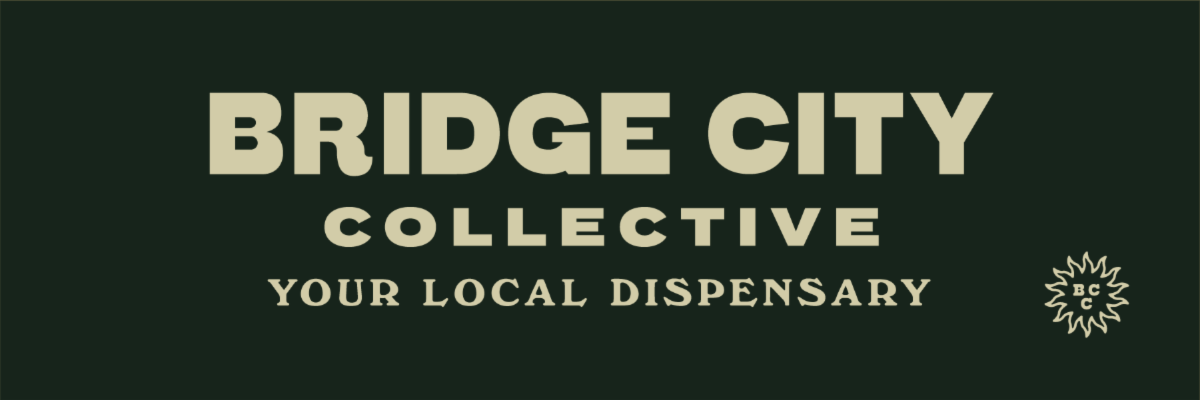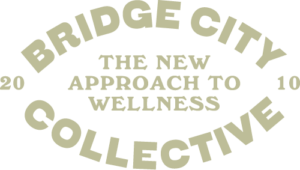Marijuana and HIV have had a relationship since the beginning of the HIV epidemic. Today, education has cut down on the occurrences of this disease. And, present-day drugs do a better job of reducing the complications of HIV than their predecessors.
However, there is still reason to believe medical cannabis should be used in conjunction with standard HIV treatment.
What Is HIV?
HIV, or Human immunodeficiency virus, is a disease that attacks the immune system. It destroys white blood cells, who are responsible for fending off pathogens in our body.
When our body encounters an infection, it typically reacts by releasing chemicals that inform other components of the immune system. Then, white blood cells multiply to attack the infection.
However, HIV also multiplies by entering specific white blood cells (CD4 T cells). At a certain point, HIV takes over and spreads throughout the body, preventing the immune function from taking place. This leads to dangerous infections, such as pneumonia, cancer, tuberculosis, meningitis, and more. When HIV has progressed to this point, it is then referred to as autoimmune deficiency syndrome (AIDS).
History of Marijuana and HIV
HIV and cannabis have gone hand in hand since this disease’s rise. Early prescription drugs for HIV were not nearly as effective as they are today, and led to premature failure. Premature failure refers to when opportunistic infections are able to command control of the body, despite a treatment regimen. These same drugs also contributed to the devastating condition known as HIV wasting. This is a debilitating side effect that led to severe weight loss.
Interestingly enough, HIV wasting syndrome is what led some to begin experimenting with cannabis and HIV. In the 1980s while this was all taking place, doctors were well aware of marijuana’s appetite stimulation properties. The general thought was that perhaps it could counteract some of the effects of HIV wasting syndrome.
How Medical Cannabis Can Help HIV Patients
Like most medical conditions relating to cannabis, in-depth research on how it can help HIV patients is limited. We can draw our own conclusions about its ability to treat HIV, but the greatest discoveries are still yet to come.
Cannabis and HIV Wasting
If you look at the symptoms of HIV wasting syndrome, it appears that cannabis would be an excellent candidate for treatment. It has the potential to help with nausea, chronic pain, anxiety, and loss of appetite, among many others. While there are plenty of studies showcasing cannabis’ ability to treat these individual symptoms, research on how it affects HIV wasting, in particular, is lacking.
Why Cannabis Might Be More Effective For HIV Wasting Than Other Options
Cannabis contains powerful terpenes and other cannabinoids that may contribute to a more powerful healing ability through the entourage effect.
Inhaled marijuana (smoked or vaped) can be easier to dose than many prescription drugs. Some patients noted that just a few puffs were all it took to restore their appetite.
Marijuana and HIV Related Nerve Pain and Degeneration
Another issue caused by HIV and the drugs taken to treat it is peripheral neuropathy. This is a condition where nerve endings become damaged and send out “pins and needles” signals. We have likely all experienced this uncomfortable sensation at some point in our lives.
However, peripheral neuropathy is far more serious and can become debilitating. It can progress to severe pain, and even prevent those suffering from being able to stand or walk.
A study conducted at San Francisco General Hospital examined the effects of smoked marijuana vs a non-THC placebo on this condition. The study found that 34% of the group that smoked marijuana felt 34% less pain, twice as many as the placebo group. On top of this, 52% said they felt pain reduction greater than 30%, compared to just 34% in the placebo group.
The findings from this study showed that smoked marijuana is comparable to current oral options to treat HIV related nerve issues. The real kicker is that it was able to do so without some of the potential side effects of oral drugs. However, it is important to note that smoked marijuana may have side effects of its own, particularly on the lungs, throat, and mouth.

The Relationship Between Marijuana and the Mental Decline Caused by HIV
Another symptom of HIV is a decline in mental function. This is caused by chronic inflammation in the brain. According to a study conducted at Michigan State University, THC may slow the progression of mental decline in 50% of HIV patients. These findings make perfect sense, as cannabis is a well-known anti-inflammatory.
University of Florida Study on Cannabis and HIV
The University of Florida is in the midst of a 5-year study regarding the effects of cannabis on HIV. This study is expected to provide groundbreaking results and clear up much of the mystery regarding cannabis as a treatment option for HIV.
Can Medical Cannabis Slow or Stop the Progression of HIV?
A study conducted at LSU examined monkeys diagnosed with the simian version of HIV. These monkeys were given a daily dose of THC, which resulted in lower levels of viral activity and better survival rates. Daily doses of THC also lead to a decrease in damage to the immune tissues of the gut. This is a primary invasion site for HIV and other infections.
This greatly slowed the disease progression and helped maintain healthy immune responses. Suggestions show that this could be caused by the stimulation of CR2 cannabinoid receptors. There is a good chance stimulation of these receptors block one of the two essential receptors to HIV infections. This study has huge implications and raises many questions.
Can Doctors Prescribe Medical Marijuana for HIV?
In certain states, doctors can grant you access to medical marijuana to treat many of the conditions related to HIV. If you are on an HIV treatment plant considering marijuana as supplementation, consult your physician first.
References
Artem_Egorov / iStock / Getty Images Plus, and nito100 / iStock / Getty Images Plus. “Cannabis and HIV: So Much More than Palliative Aid.” The GrowthOp, 10 July 2019, www.thegrowthop.com/cannabis-health/cannabis-medical/cannabis-and-hiv-so-much-more-than-palliative-aid.
“Cannabis Can Keep HIV from Becoming AIDS: Cannabis Sciences.” LabRoots, www.labroots.com/trending/cannabis-sciences/8711/cannabis-hiv-becoming-aids.
de Jong, Bouke C, et al. “Marijuana Use and Its Association with Adherence to Antiretroviral Therapy among HIV-Infected Persons with Moderate to Severe Nausea.” Journal of Acquired Immune Deficiency Syndromes (1999), U.S. National Library of Medicine, 1 Jan. 2005, www.ncbi.nlm.nih.gov/pubmed/15608523.
Myhre, James, and Dennis Sifris. “HIV and the Benefits of Medical Marijuana.” Verywell Health, Verywell Health, 12 July 2019, www.verywellhealth.com/medical-marijuana-for-hiv-4129028.
Prentiss, Diane, et al. “Patterns of Marijuana Use among Patients with HIV/AIDS Followed in a Public Health Care Setting.” Journal of Acquired Immune Deficiency Syndromes (1999), U.S. National Library of Medicine, 1 Jan. 2004, www.ncbi.nlm.nih.gov/pubmed/14707790.
TheBodyPro. “Why HIV Care Providers Should Discuss Marijuana Use With Their Patients.” TheBodyPro, TheBodyPro, 13 Nov. 2018, www.thebodypro.com/article/hiv-care-providers-discuss-marijuana-use-patients.
“UF Launches New Study of Marijuana’s Health Effects in People with HIV.” UF Health, University of Florida Health, 24 Oct. 2017, www.ufhealth.org/news/2017/uf-launches-new-study-marijuana-s-health-effects-people-hiv.




